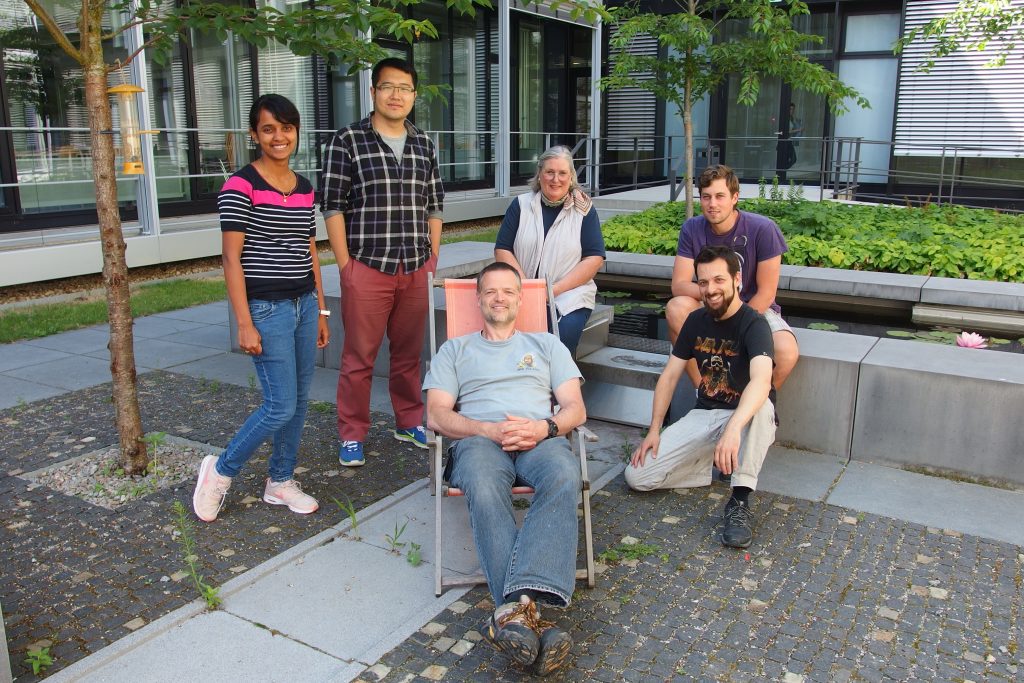Our lab is looking for a PhD student interested in the molecular mechanisms of operant self-learning, a form of motor learning. The work will mainly revolve around the FoxP gene – the Drosophila orthologue of the language-associated gene FOXP2 in humans (note to self: need to update the Wikipedia entry with the fly data).
Specifically, the candidate will be involved in generating monoclonal antibodies for at least one, possible all three isoforms of the gene, they will use modern techniques to disrupt FoxP expression and function as well as to tag gene expression during development in in the adult and they will both use standard GAL4/UAS transgenes as well as genome editing (e.g., RMCE, CRISPR/Cas9) for these tasks. These molecular, developmental and anatomical data will be combined with the behavioral data from the second student in the team. We do have some basic primers for the research topic, as well as the entire proposal available for further reading.
Hence, we are looking for a team-oriented candidate with an inclination for molecular work in the fruit fly Drosophila. As is commonplace for Germany, this will be a three-year project, funded by a DFG 65% position, i.e., about 1,600€/month after tax and with full benefits, membership in our graduate schools and all the usual bells and whistles that comes with such a position in Germany. There are no lectures to attend or rotations to adhere to – just 100% of pure, unadulterated research fun. Therefore, we expect a Master’s degree or equivalent and at least some course experience in standard molecular cloning techniques, ideally, but not necessarily in Drosophila. Any experience in genome editing is a plus, but again, not necessary.
We perform all of our research in the open, meaning that we make all our data and code accessible wherever technically feasible. We are a small, international team of scientists and we would be more than happy to have you join us!














